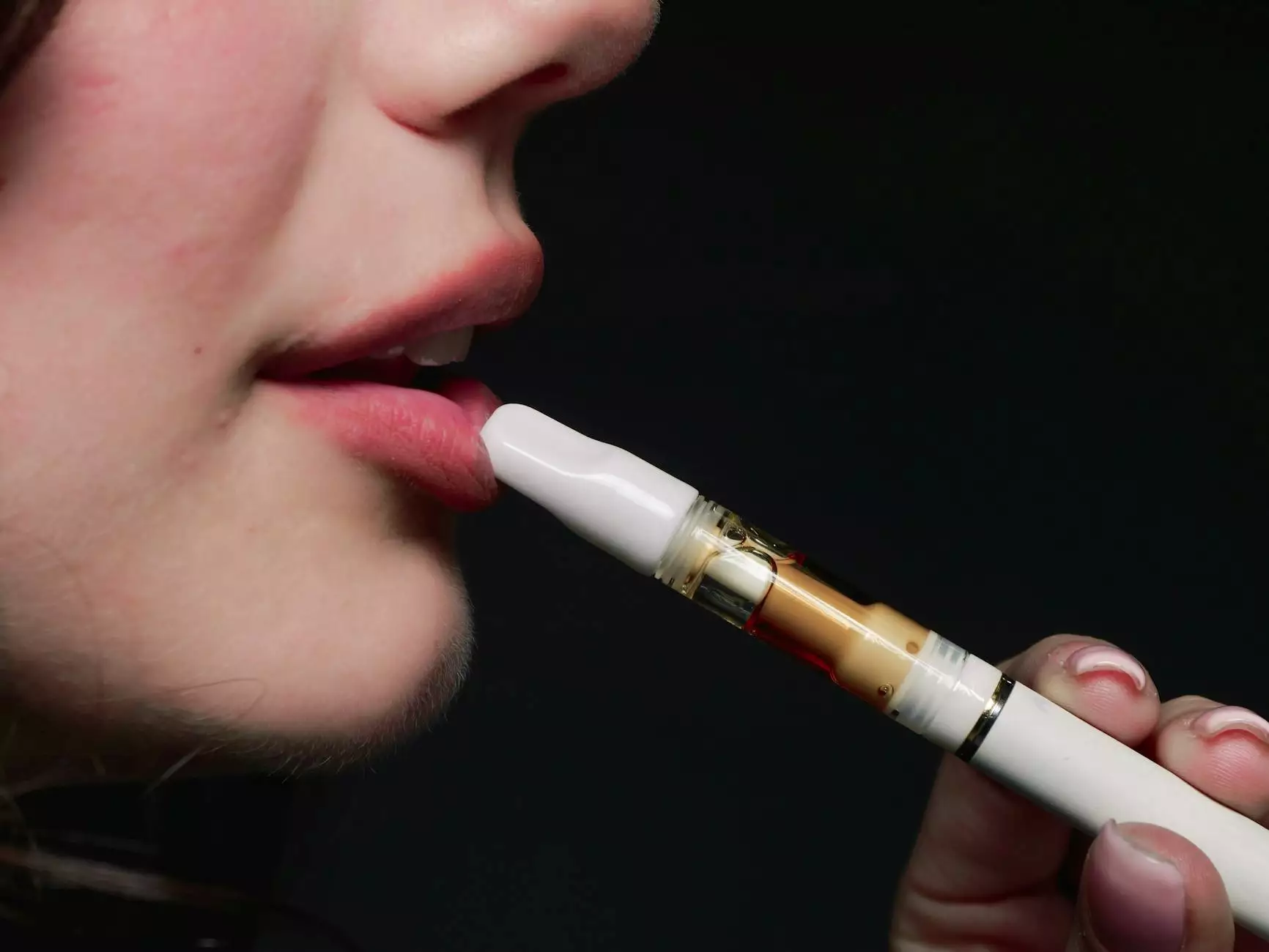The Comprehensive Guide to the Cost for a Dental Crown

Dental crowns are a common dental procedure designed to restore the shape, size, and strength of teeth that have been damaged or are severely decayed. For many people seeking dental treatment, understanding the cost for a dental crown is a crucial factor in making informed decisions about their dental health.
What is a Dental Crown?
A dental crown is essentially a cap placed over a tooth, effectively restoring its functionality and aesthetics. Crowns are typically used for:
- Reinforcing weak or damaged teeth
- Protecting a decayed tooth
- Covering an implant
- Restoring a fractured tooth
- Enhancing the appearance of discolored or misshapen teeth
Factors Influencing the Cost of Dental Crowns
The cost for a dental crown can vary significantly based on multiple factors. Understanding these variables can help patients align their dental needs with their budgets.
1. Type of Crown
Different materials used for crowns can influence their pricing. Common types include:
- Porcelain crowns - Best for aesthetics, ideal for front teeth. Cost: $800 - $3,000.
- Ceramic crowns - Great for a natural look, durable for front teeth. Cost: $800 - $2,500.
- Metal crowns - Highly durable, great for back teeth. Cost: $600 - $2,500.
- Porcelain-fused-to-metal crowns - A balance of durability and aesthetics. Cost: $800 - $2,500.
2. Location of the Dental Practice
The geographical area where the dental procedure is performed can greatly impact cost due to different living costs and competition among dental practices. Urban areas often have higher prices compared to rural settings.
3. Dentist's Expertise
Specialized dentists or those with more experience in crowns may charge higher fees. It's important to evaluate a dentist's credentials and past patient reviews when considering their cost structures.
4. Insurance Coverage
Many dental insurance policies offer coverage for crowns, but the amount paid out can vary significantly. Always consult your insurance provider to understand your coverage limits for dental crowns.
What to Expect During the Crown Procedure
Understanding the procedure helps alleviate anxiety and prepare for the cost for a dental crown. Here’s a step-by-step breakdown:
1. Initial Consultation
During your first visit, the dentist will evaluate the tooth’s condition, possibly taking X-rays to determine the best treatment plan.
2. Tooth Preparation
The damaged tooth will be filed down to accommodate the crown. In some cases, a filling may be added to build up the tooth.
3. Impressions and Temporary Crown
Your dentist will take impressions of your teeth to create a custom crown. A temporary crown may be placed while the permanent one is fabricated.
4. Crown Placement
Once the permanent crown is ready, the dentist will ensure it fits properly before permanently cementing it in place.
Long-Term Care and Maintenance
Once a dental crown is placed, proper care is essential to ensure longevity. Here are some tips:
- Maintain Good Oral Hygiene: Brush and floss regularly.
- Regular Dental Check-ups: Visit your dentist every six months.
- Avoid Hard Foods: Be cautious when consuming foods that can damage the crown.
Budgeting for Dental Crowns
Planning for the cost for a dental crown is fundamental for many patients. Here are some affordable strategies:
- Dental Insurance: Ensure your policy covers crown procedures.
- Health Savings Accounts (HSAs): Use pre-tax dollars to pay for dental expenses.
- Payment Plans: Many dental practices offer financing or payment plans to offset immediate costs.
- Shop Around: Research multiple dental practices to compare costs before making a decision.
Common Misconceptions about Dental Crowns
There are numerous myths surrounding the use of dental crowns. Addressing these can help patients make informed decisions:
1. Dental Crowns are the Same as Fillings
This is not true. Crowns cover the entire tooth, while fillings only fill cavities.
2. Crowns Can't Last Long
With proper care, dental crowns can last between 5 to 15 years or longer.
3. Crowns Require Special Cleaning
Crowns can be cared for just like natural teeth, with regular brushing and flossing.
Conclusion
Understanding the cost for a dental crown and the factors that influence it is essential for making informed decisions about your dental care. By weighing the types of crowns, factoring in location and insurance, and preparing for the procedure, patients can ensure they receive the best treatment possible.
Investing in a dental crown not only improves oral health but can also boost confidence and enhance your overall quality of life. If you have further questions, consider reaching out to a dental professional to help guide your decision-making process.
For more detailed information about dental treatments and to explore services near you, visit wupdoc.com.









